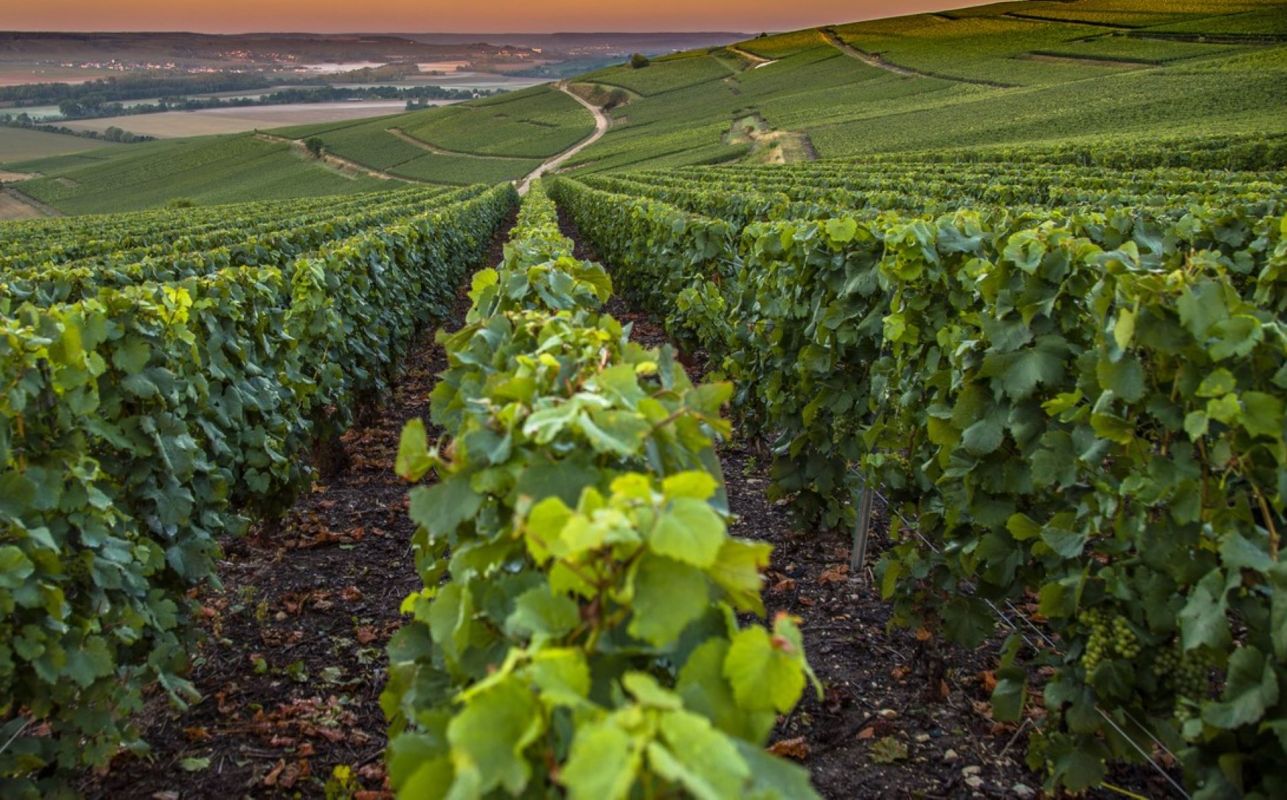Wine lovers might hate to see millions of gallons of wine destroyed without so much as a taste, but that's the reality for many vineyards in France amid the changing climate and low demand.
What's happening?
The French are currently set to dump 100 Olympic-sized swimming pools worth of wine, estimated to cost the government nearly $216 million, according to The Washington Post.
The European Union gave the country $172 million to destroy 80 million gallons of wine in June 2023, and the French recently announced they had scraped together the remainder of the money needed.
Though it might seem like a waste, this wine is not going down the drain. Producers are expected to use the funds to distill the wine into pure alcohol to be used for other cleaning products and perfumes.
Why is it important?
France is experiencing a wine crisis. Consumption of the beverage has plummeted significantly in the country since its peak in 1926, when the average Frenchperson consumed about 36 gallons every year. Now, that amount hovers around 10.5 gallons. Experts trace the drop in consumption to individuals having more drink options.
A dramatically changing climate also plays a big role in the French wine industry. The above-average temperatures in its wine-growing regions, like Bordeaux, paired with more frequent droughts and storms, are changing how fast the grapes ripen.
Merlot, which encompasses 60% of the vineyard production in Bordeaux, is expected to be one of the first species to succumb to the changing climate entirely.
The adaptions needed to grow wine grapes are becoming more costly for vineyards, which, when paired with the lower demand, is causing it to be cheaper to convert the wine into other products than to grow and sell it.
What's being done to stop it?
Experimental laboratories in France are looking for more drought-tolerant grape species that can keep the cost of production low for vineyards and stay alive as the climate continues to change.
Meanwhile, experts hope the wine buy-back will hold space and time to consider alternative solutions. "We need to think in terms of … long-run adaptation to these changing conditions," said food and wine researcher Olivier Gergaud.
"We need to help this market to transition to a better future, maybe with more wines that would respect the environment. Adaptation to climate change is a real challenge."
Join our free newsletter for cool news and actionable info that makes it easy to help yourself while helping the planet.









